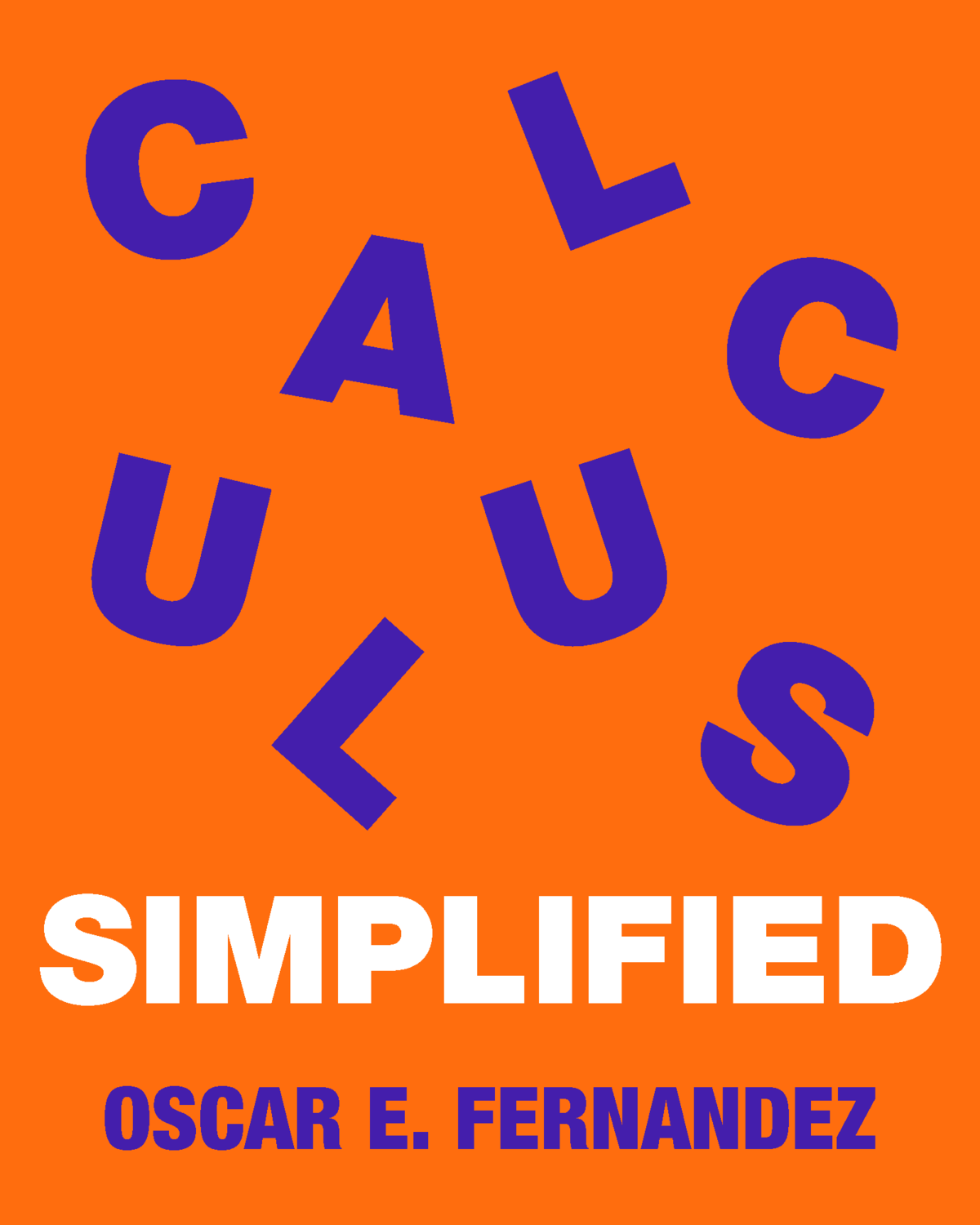
Oscar Fernandez
Professor of Mathematics
Links
Research is in geometric mechanics (specifically, nonholonomic mechanics) and in mathematical demography. Presently researching quantum nonholonomic mechanics as well as the applications of the calculus of variations to problems in mathematical demography.
Professor Fernandez is an applied mathematician by training. His main research field is geometric mechanics, which applies advanced mathematical tools and techniques to study the dynamics of various types of systems (e.g., mechanical systems). More recently, he has been applying those tools and techniques to shed new light on problems in mathematical demography, including how life span inequality changes across time and species.
Professor Fernandez also has a passion for teaching and aspires to make mathematics accessible, engaging, and understandable. He employs a systems thinking approach to operationalize these ideals, designing programming and creating resources that leverage and synergize the connections among students, faculty, and staff. For example, in 2012, he co-founded the Wellesley Emerging Scholars Initiative (WESI), a program that provides underrepresented students of color studying mathematics with a learning community centered on excellence in mathematics. WESI received funding from the Mathematical Association of America-Tensor SUMMA and in 2015 was named a Bright Spot in Hispanic Education by the White House Initiative for Educational Excellence for Hispanics. Professor Fernandez is also the author of Everyday Calculus (2014), The Calculus of Happiness (2017), and Calculus Simplified (2019), all published by Princeton University Press. The first two books uncover the mathematics hidden behind everyday events and activities, making mathematics accessible and personally relevant to a large audience. Professor Fernandez’ latest book, Calculus Simplified, teaches college-level first-semester calculus assuming no prior knowledge of transcendental functions. (Such content is still covered in the book but optional.) This approach makes calculus accessible to students with as little as an Algebra II background.
Books published:
Education
- B.A., University of Chicago
- B.S., University of Chicago
- Ph.D., University of Michigan-Ann Arbor


